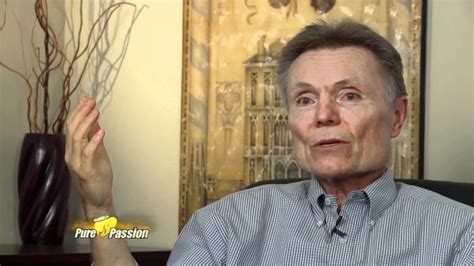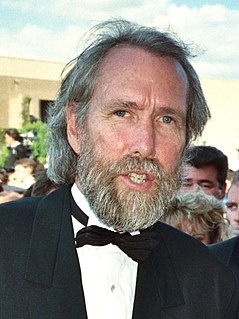A Quote by Bree Despain
God is the ultimate judge of what is truly in our souls. But we are requiered to forgive everyone.
Related Quotes
You must forgive everyone. Now many would say that "We cannot forgive, it's very difficult." But it's a myth whether you forgive or don't forgive. What do you do? You don't do anything. But when you don't forgive, then you are playing into wrong hands. That means you are torturing yourself, while those who have troubled you are quite happy.
The idea of a judgment of history is secularism's vain, meaningless, hopeless, pathetic attempt to devise a substitute for what the great Abrahamic traditions of faith know is the final judgment of almighty God, who is not an impersonal force. History is not God. God is God. History is not our judge. God is our Judge.
To forgive the incessant provocations of daily life - to keep on forgiving the bossy mother-in-law, the bullying husband, the nagging wife, the selfish daughter, the deceitful son - how can we do it? Only, I think, by remembering where we stand, by meaning our words when we say in our prayers each night, “Forgive our trespasses as we forgive those who trespass against us.” We are offered forgiveness on no other terms. To refuse it is to refuse God’s mercy for ourselves. There is no hint of exceptions and God means what he says.
Prayerless souls are Christless souls, Christless souls are Graceless souls and Graceless souls shall soon be damned souls. See your peril, you that neglect altogether the blessed privilege of prayer! You are in the bonds of iniquity, you are in the gall of bitterness. God deliver you, for Hisname's sake!
They say that when god was in Jerusalem he forgave his murderers, but now he will not forgive an honest man for differing with him on the subject of the Trinity. They say that God says to me, "Forgive your enemies." I say, "I do;" but he says, "I will damn mine." God should be consistent. If he wants me to forgive my enemies he should forgive his. I am asked to forgive enemies who can hurt me. God is only asked to forgive enemies who cannot hurt him. He certainly ought to be as generous as he asks us to be.
The Risen Christ proclaimed not that we 'have to forgive,' but rather, that at last we CAN forgive-and thereby free ourselves from consuming bitterness and the offender from our binding condemnation. This process requires genuine human anger and grief, plus-and here is the awful cost of such freedom-a humble willingness to see the offender as God sees that person, in all his or her terrible brokenness and need for God's saving power. I would never tell another, 'You have to forgive.'
If we can forgive everyone, regardless of what he or she may have done, we nourish the soul and allow our whole being to feel good. To hold a grudge against anyone is like carrying the devil on your shoulders. It is our willingness to forgive and forget that casts away such a burden and brings light into our hearts, freeing us from many ill feelings against our fellow human beings.
The meaning and the purpose behind some events are unknowable. This is the ultimate test of our faith. We must trust that everyone in life is here to learn different lessons at different times, that good and bad experiences are only the perceptions of man. After all, some of your worst experiences have truly been your best. They've sculpted you, trained you, developed within you a sensitivity and set you in a direction that reaches out to impact your ultimate destiny.



































